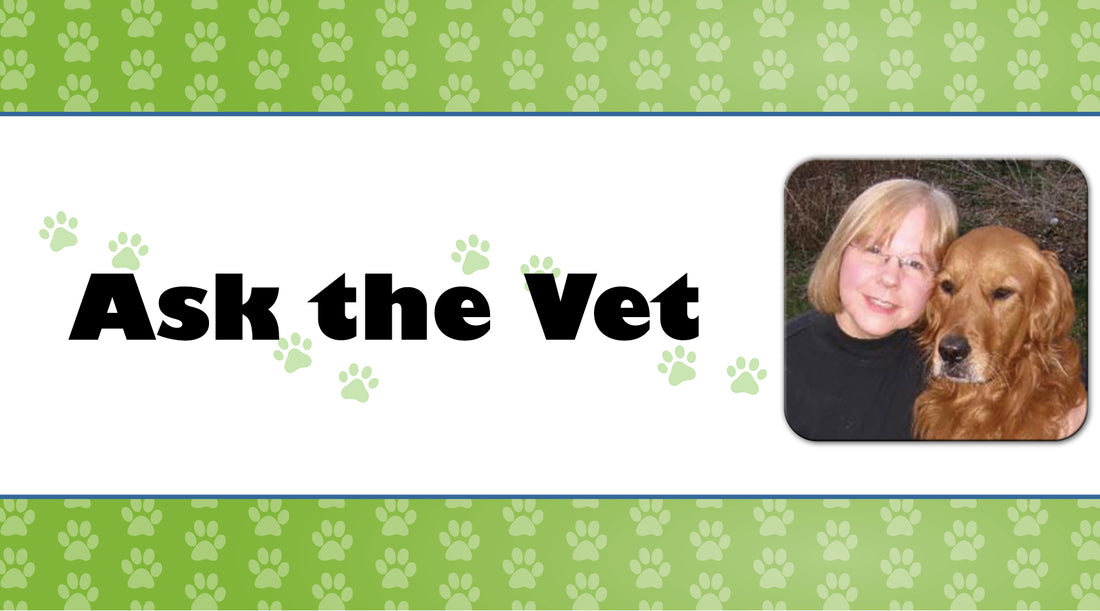Q. What is acid reflux, and what does it look like in a dog?
A. Acid reflux is also known as gastroesophageal reflux disease (GERD). GERD is caused by stomach juices, which are acids, moving up into the esophagus causing inflammation. Normally a sphincter, the muscle between the stomach and the esophagus, closes so this couldn’t happen. It is more common in puppies and brachiocephalic breeds but can happen to anyone. On rare occasions a pup is born with a hernia in his diaphragm, called a hiatal hernia, causing this to happen. GERD can also develop after surgery, when coming out of anesthesia. If your pup gets into something caustic, such as cleaning fluids or medications, esophageal damage can occur.
The irritating acids from the stomach move into the esophagus causing inflammation and pain. The symptoms normally seen with this problem are regurgitation, exhibiting signs of pain like whining, lack of appetite, coughing, pacing and restlessness, lip licking, difficulty swallowing, weight loss, and a change in the tone of his bark.
Your veterinarian will diagnose GERD by doing a thorough examination, looking for any abnormalities which can cause these symptoms. The vet may need to do blood tests and examine a poop sample to look for parasites. Sometimes x-rays and ultra-sound is needed to rule out swallowed foreign objects, looking for tumors, and other anatomical abnormalities. Ultimately, your best friend may need an endoscopic exam. This procedure is done under general anesthesia so a tube with a camera can be passed down the mouth, then the esophagus, and into the stomach. This test allows the veterinarian to see exactly what the structures look like. It can show inflammation, ulcers, tumors, abnormalities, and foreign material.
Depending on the cause, treatment is done at home. It may start with a diet change with a low-fat diet. Fat can stimulate stomach acid production. Feeding multiple small meals can also reduce the symptoms. Your veterinarian may prescribe antacids that are sold over the counter. Reflux can still occur, but it is less painful and causes less damage. Sometimes medication to strengthen the muscles to prevent the back flow of stomach juices into the esophagus will be prescribed. In some cases, a medication to coat the esophagus is needed to allow it to heal. In rare occasions, surgery may be needed to correct a hernia.
Holistically feeding an appropriate diet, using herbs like slippery elm, may help reduce the symptoms and protect the esophagus. A properly selected homeopathic remedy or traditional Chinese medicine formula can help solve the problem. Taking Fido to a certified veterinary practitioner may be indicated.
Most dogs respond quickly to treatment. Monitoring your pup’s symptoms will be important to determine if long term medication is needed.
Judith K. Herman, DVM, CVH
Animal Wellness Center
Augusta, Maine
www.mainehomeopahticvet.com

